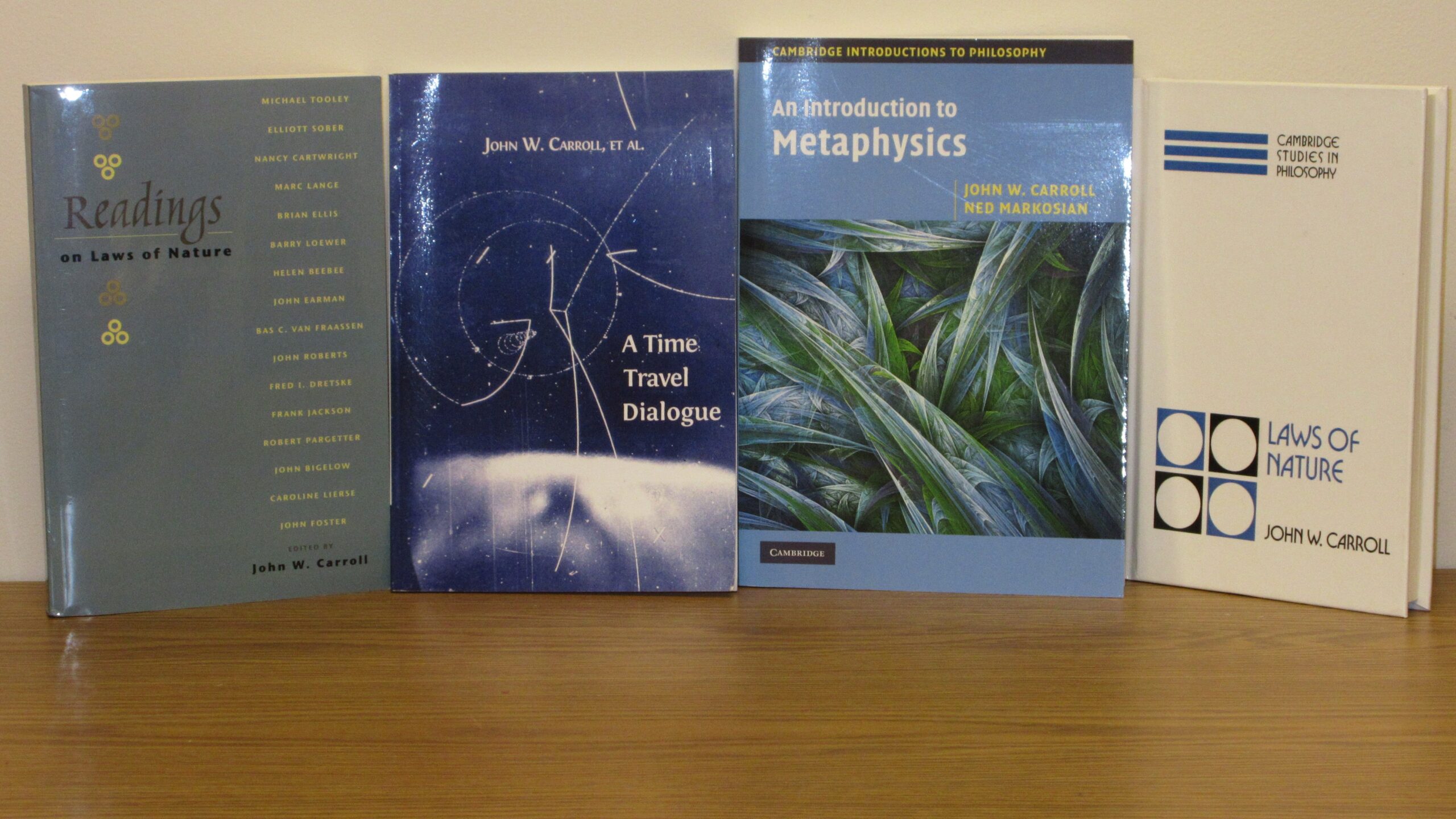Work in Progress: Ferguson on the Philosophy of Black Popular Culture

In this article, Stephen Ferguson, associate professor of philosophy and Africana studies, discusses his work on his next book.
My book Philosophy of African American Studies: Nothing Left of Blackness (Palgrave, 2015) examined philosophical issues in African American Studies. Through a critique of cultural idealism in the form of Afrocentricity, the book demonstrated the relevance of philosophy to African American Studies.
The various forms and means of studying the African American experience are always linked, often indirectly and implicitly, to broader philosophical questions about the nature of reality, knowledge, history, politics and the meaning of life. The critic explores the aesthetics of the African American experience, the historian seeks to interpret Black history, the anthropologist unravels the nature of Black cultural practices, the theologian examines the Black religious experience, the sociologist discusses how power shapes the living conditions of African Americans and the economist studies the effects of gentrification on Black families, but these studies always involve “big picture” questions and presuppositions that belong to the domain of philosophy.
For my next book, Black Popular Culture, Inc.: The Paralysis of Postmodernist Analysis in Black Studies, I am expanding my work on the philosophy of African American Studies. The book will examine how scholar-fans, public intellectuals and televisionaries have embraced the corporatization of Black popular culture. I present this as a negative development which leads to a conservative politics clothed in radical rhetoric and symbolism. I am particularly interested in the poststructuralist-postmodernist arguments supporting a marriage between corporate capitalism and Black popular culture.
The book is divided into three sections: the corporatization of Black popular culture; philosophy and political economy of Hip-Hop music; and poststructuralist-postmodern ideology and the philosophy of African American Studies.
Among other things, the book includes: a Marxist ideological critique of the corporatization of Black popular culture; an extensive discussion of the political economy of Hip-Hop music in which I argue that the exploitation of artistic labor in the music industry resembles the exploitation of sharecroppers under land tenancy; an exploration of the philosophy of music as it relates to Hip-Hop music; an examination of the cultural politics of Jay-Z and Beyoncé Knowles; a discussion of Harold Cruse’s influence on the “cultural turn” in African American Studies; and an evaluation of the influence of postmodernism-poststructuralist ideology on African American Studies through the work of thinkers such as Cornel West, Henry Louis Gates, Jr., Robin D. G. Kelley, bell hooks and Richard Iton.


